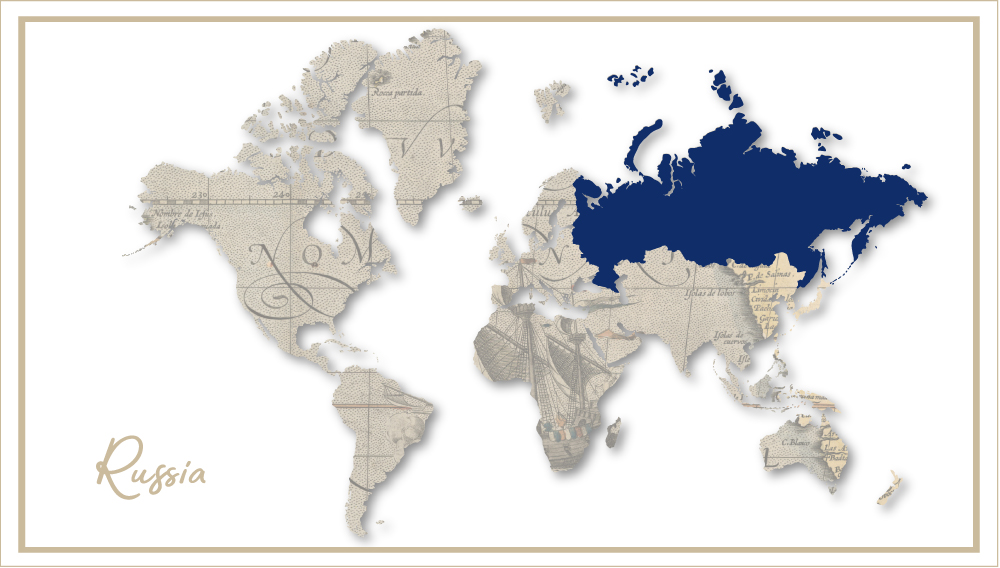Belgium | In the battle of wills between the Money Men and AB-InBev, it appears that the world’s number one brewer is further caving in to pressure. To alleviate concerns over its mountainous debt pile, AB-InBev in early January announced that it was refinancing some of its debt while it muses floating its Asia-Pacific business on the stock market.
Denmark | Danish brewer Carlsberg’s revenues rose last year for the first time in three years, helped by the long, hot summer in northern Europe and Russia. Net revenues were DKK 62.5 billion (USD 9.4 billion), up 3.1 percent over 2017, but still short of the DKK 64.5 billion in 2014.
Netherlands | Heineken saw sales of its flagship brand rise 7.7 percent to 38.7 million hl last year, the highest increase in a decade, the company said on 13 February 2019.
Belgium | Is Rodenbach getting a new lease on life, thanks to a collaboration with US craft brewer Dogfish Head? It is to be hoped. Rodenbach is one of the original sours, and many have thought it mightily unfair that it has been unable to benefit from a renewed consumer interest in this beer style.
Turkey | Ever wondered why Diageo in recent years has downplayed its costly 2011 acquisition of Turkey’s raki producer Mey Icki, with its famous Yeni Raki brand? Only two years later, following the introduction of stiff advertising and sales restrictions, Diageo’s return-on-investment projections on the Mey Icki deal were in tatters. Given the political and economic climate, it is also unlikely that Diageo will ever be able to use its Turkish purchase as a platform to push its other spirits into the market.
Turkey | Turkey’s tipplers are a hardened lot. Despite half-yearly tax hikes, beer consumption was up in the low-to-mid-single digits in 2018, according to estimates by Turkish brewer Anadolu Efes.
Russia | The Russian brewer Baltika, which is owned by Carlsberg, estimates that after eleven years of steady declines, the beer market grew 3 percent in 2018. In the previous year, beer consumption dropped between 4 percent and 5 percent.
Austria | The IBD is honoured to have Prof Bamforth deliver the Horace Brown Award Lecture in Vienna. The date is 16 April 2019. The lecture will take place at the Ottakringer Brewery, to be followed by a brewery tour and some serious socialising.
United Kingdom | Asahi’s decision to invest GBP 250 million in the UK brewer Fuller’s runs counter to the trend among some other Japanese companies like Panasonic or Toyota. This past October, Panasonic shifted its headquarters from London to Amsterdam, while Toyota threatened to halt production at its two UK plants if the country crashes out of the European Union without a deal.
United Kingdom | History is repeating itself. Thirty years after Mrs Thatcher’s Beer Orders, which forced integrated brewers to separate their beer and pub businesses, London’s family-owned brewer and pub operator Fuller’s, which is best known for its London Pride ale, is following in its peers’ footsteps. Like Bass and Whitbread before, Fuller’s decided to sell its beer business while keeping its 400 strong pub estate.


